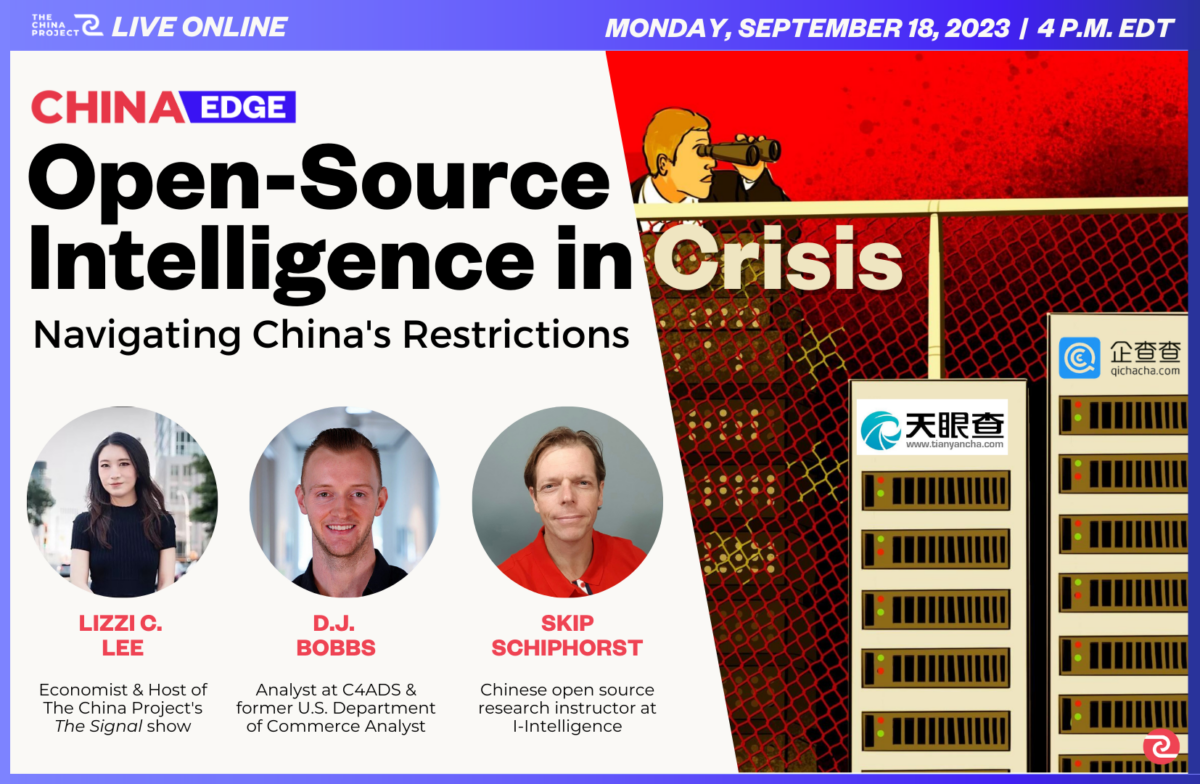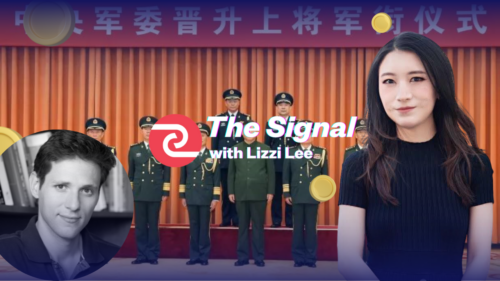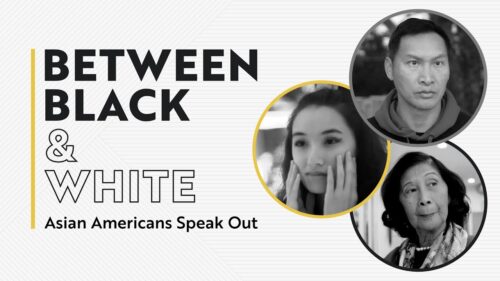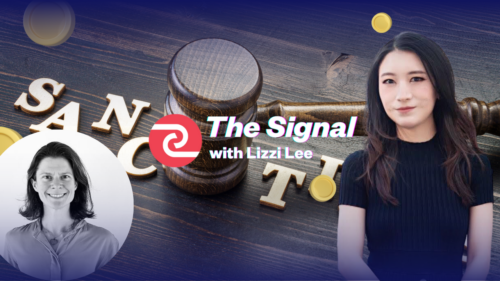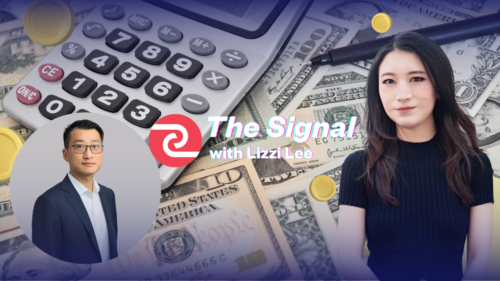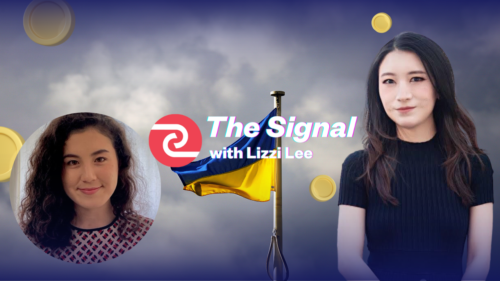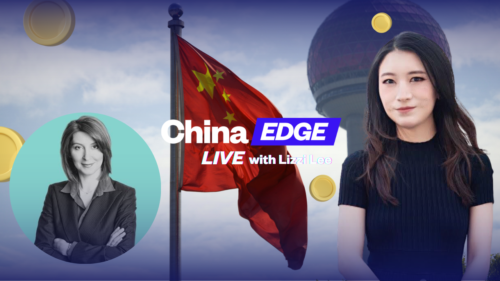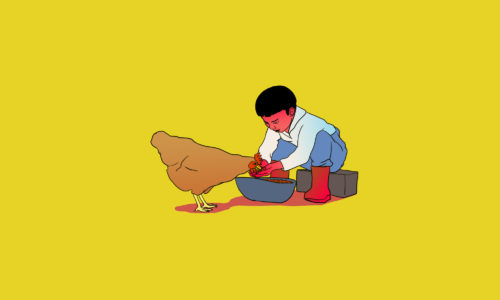
The China Project
From 2016 to 2023, we published an extraordinary range of China-focused articles, podcasts, interviews, and videos. Here are a few highlights.
Most recent from Society & Culture
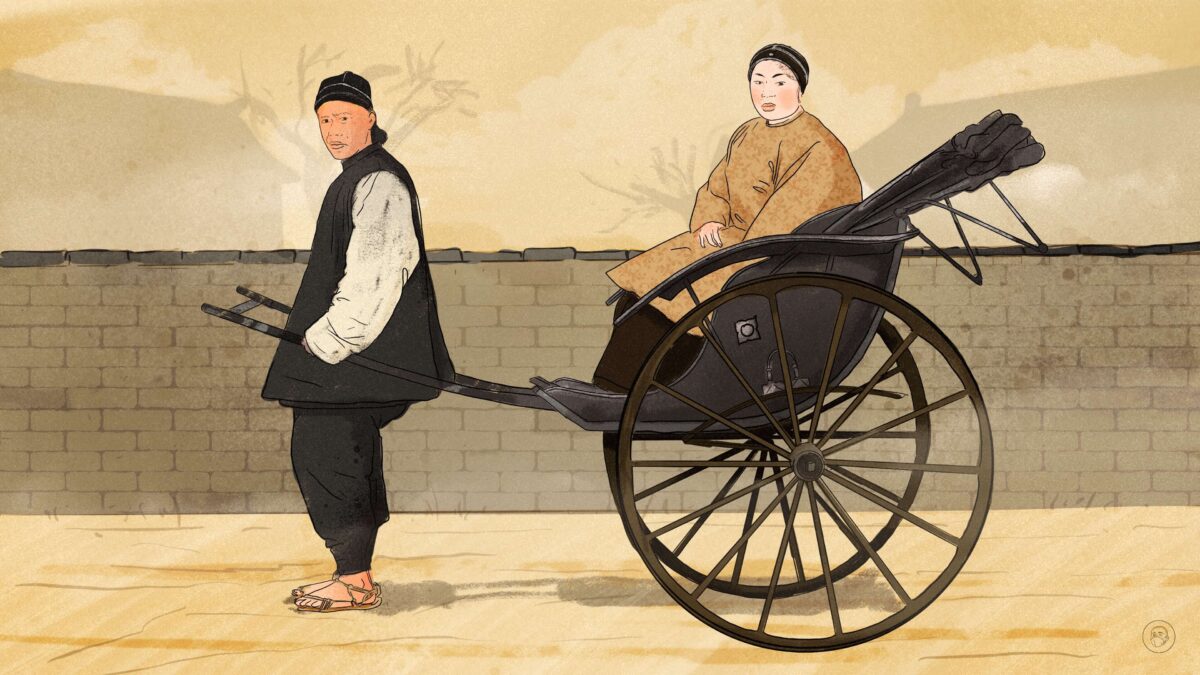
Lao She’s greatest work, ‘Rickshaw Boy’
Vivid descriptions of Republican-era Beijing meld with a timeless story about the vicissitudes of a worker's life.
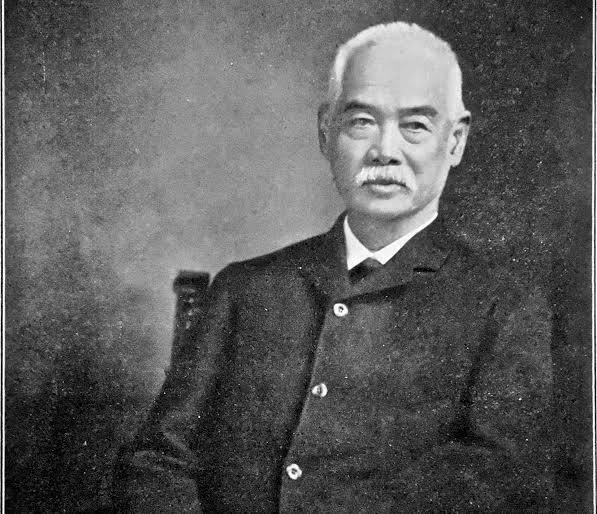
The triumphs and travails of China’s first American citizen
He earned a degree from Yale, tried to fight in the American Civil War, and donated the books that became the core of Yale’s East Asian library. In the end, though, Yung Wing was still never American enough.

Taipei Pride celebrates queer diversity despite its challenges
Asia’s LGBT capital ended its pride week with a hugely successful parade. The movement faces its challenges though.
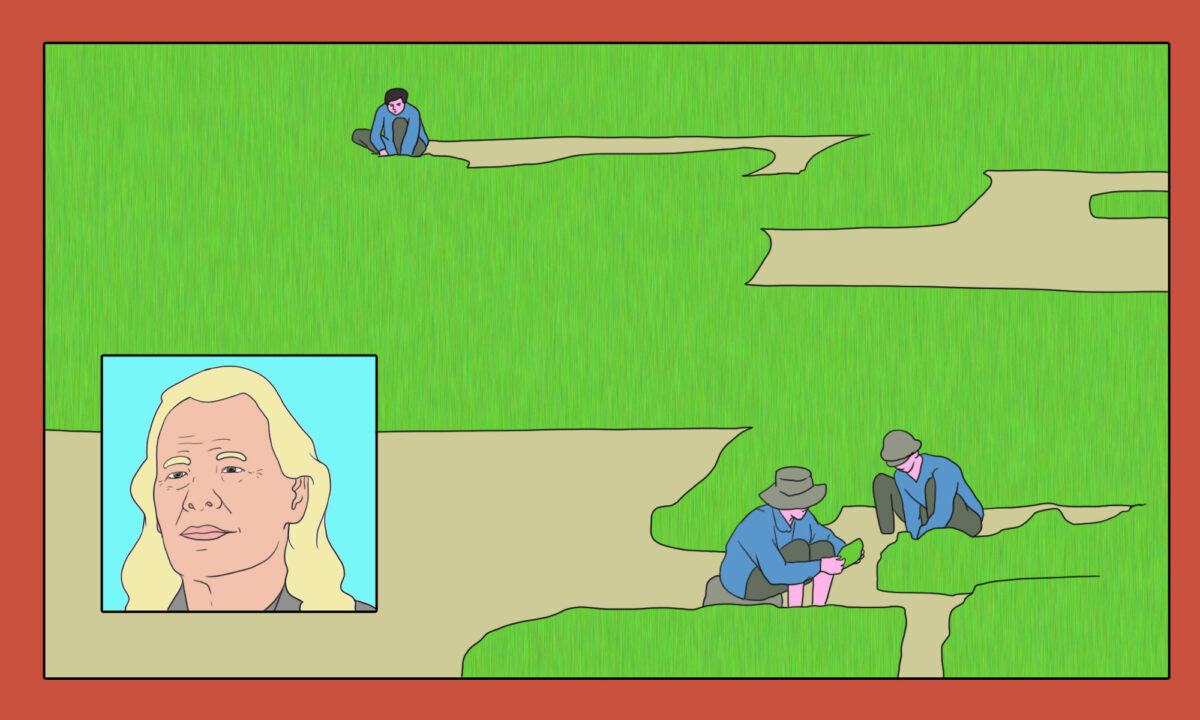
American innkeeper in rural China keeps a light on for guests
Brian Linden and his wife Jeanee invested their life savings in building a business in rural China decades ago. The legacy and future of their work are uncertain amid shaky U.S.-China relations.
Business & Technology

With mines, ports, and factories, China is set to dominate Latin America’s electric vehicle industry
The region has some of the largest mineral reserves for this industry, including copper and lithium. Chinese companies also see opportunities in the local vehicle market.

Rooftop solar is a rational and important step in China’s path to peak coal use: A rebuttal
The focus on China’s growth in coal-fired plants is misguided as its growth in renewable energy ensures they’ll see less use. And solar power in Shandong Province — although it is only moderately sunny — actually makes a lot of sense.

China-owned companies reckon with U.S. state, national land purchase bans
Arkansas recently ordered ChemChina-owned Syngenta to sell its land in the state. Other states are also putting up walls for Chinese buyers.
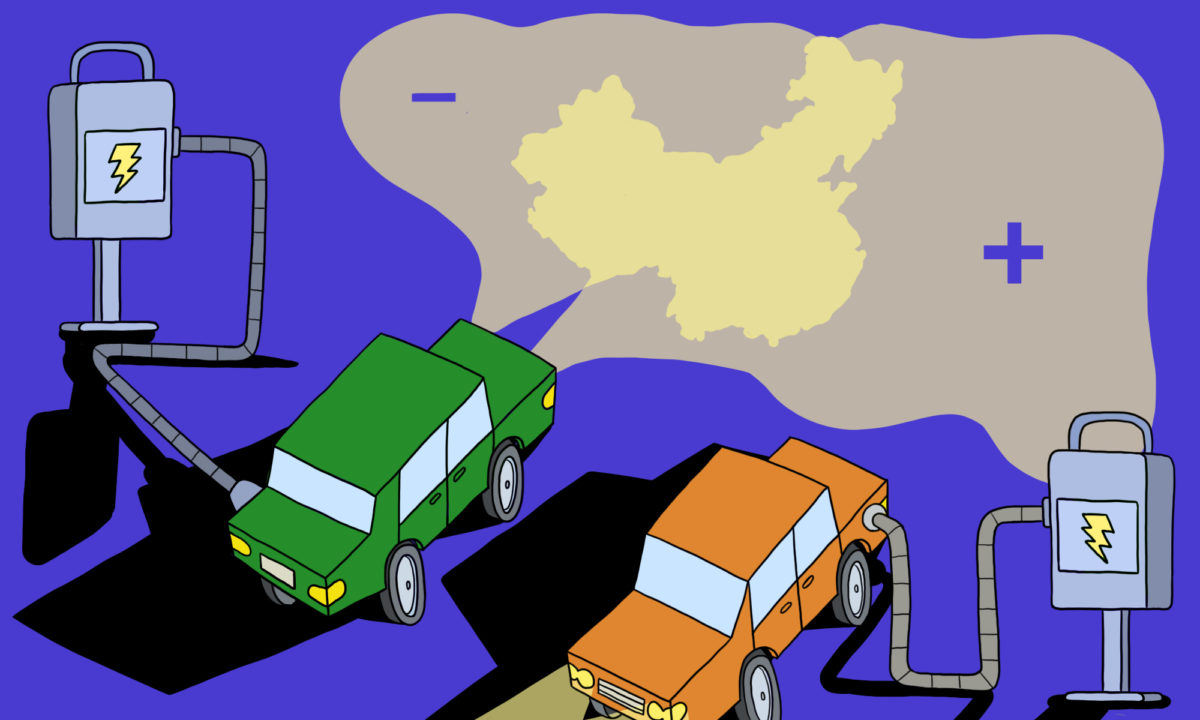
All the electric car companies in China — a guide to the 46 top players in the Chinese EV industry
Electric vehicles, smart systems to drive them, and advanced batteries to power them are attracting enormous sums of capital and China’s best engineering talent. These are the companies that are fighting for one of the most lucrative markets in the world. Many of them will be global EV players.

China’s war on drugs: From incarceration to rehabilitation
In the 1990s, China’s inability to contain its relatively modest drug epidemic put it on the same road as America's failed war on drugs. But then, the number of new users in China began to drop dramatically…
Society and culture

Meet the woman who launched Taiwan’s MeToo movement, Chen Chien-Jou
"I knew before I came forward that I was definitely not alone in being a survivor, there must be others out there."
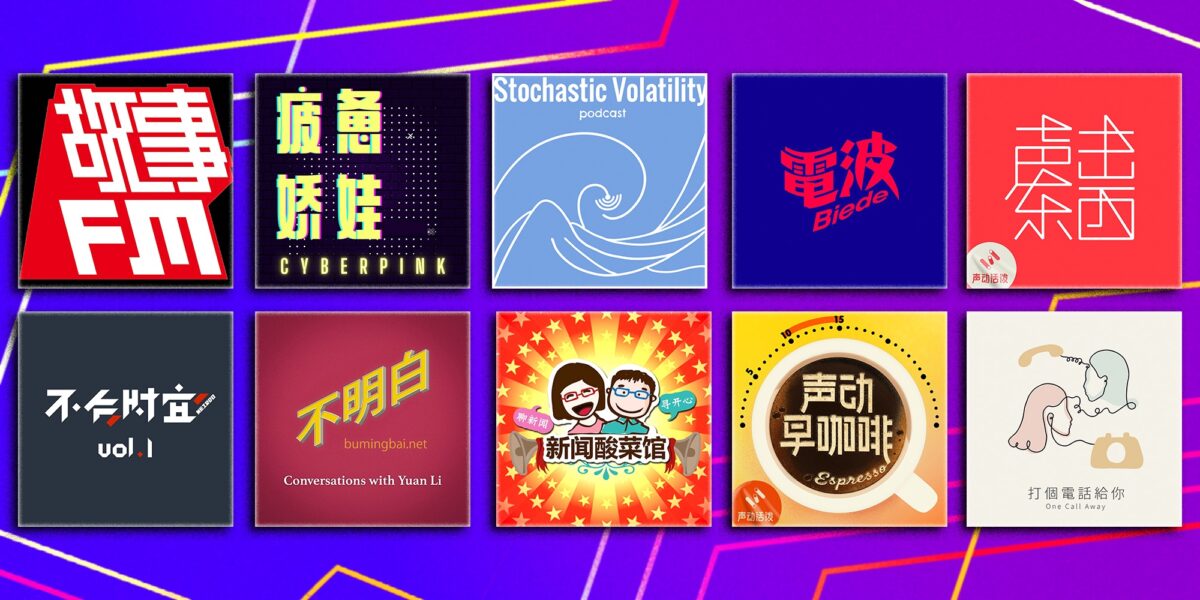
10 Chinese-language podcasts you should listen to
From interview shows to bite-sized news programs, these are the best Chinese-language podcasts currently being produced.
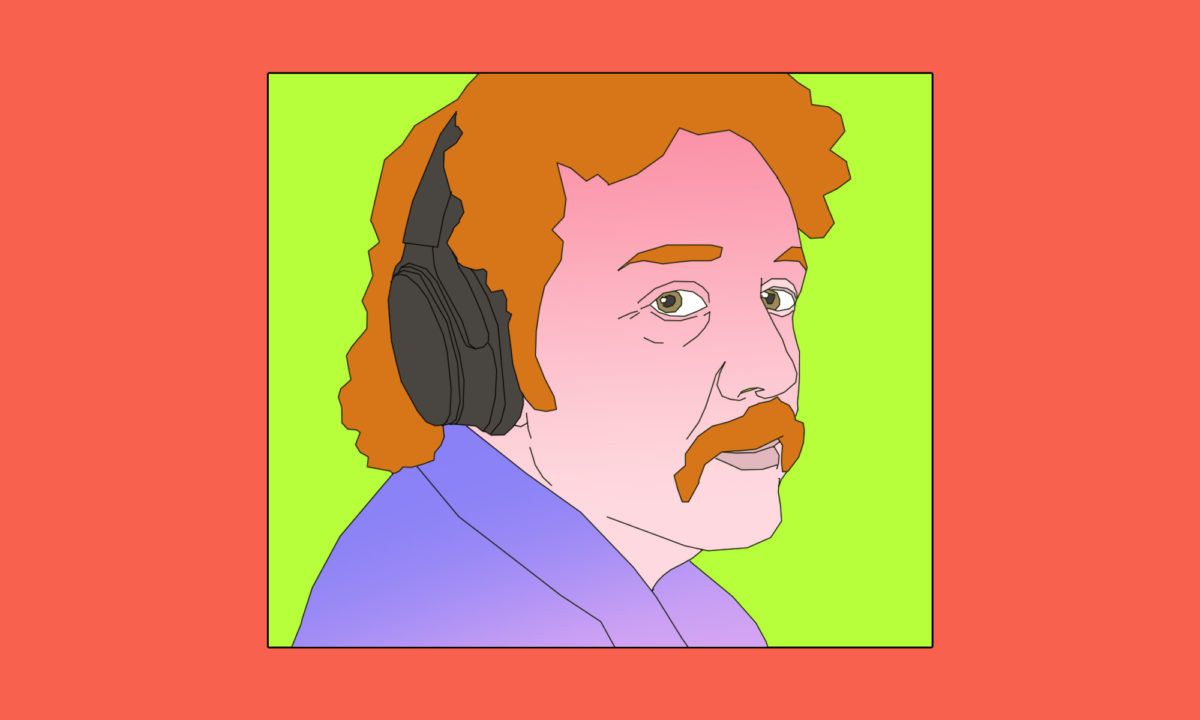
Clay Baldo is no stranger to China
Clay Baldo, creator and host of the Strangers in China podcast, talks about the third season on the chaotic Shanghai lockdown of 2022.

The wild, wonderful (and very queer) world of Chinese radio dramas
In China, overt depictions of same-sex relationships are banned from mainstream media platforms. But there’s one space where these stories are allowed to be told.
Featured Categories
Business & Technology
- With mines, ports, and factories, China is set to dominate Latin America’s electric vehicle industry
- China-owned companies reckon with U.S. state, national land purchase bans
- The Party takes firm control of China’s financial sector
Society & Culture
- Taipei Pride celebrates queer diversity despite its challenges
- American innkeeper in rural China keeps a light on for guests
- Lao She’s greatest work, ‘Rickshaw Boy’
Editors' Picks
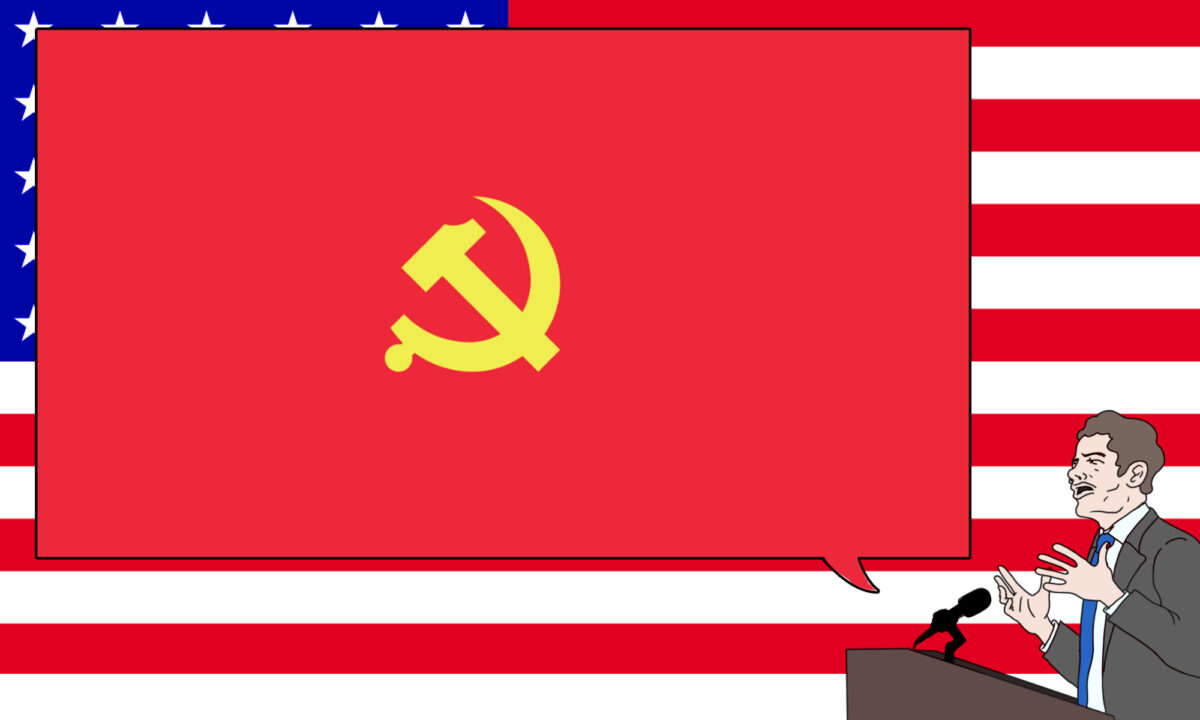
The United States’ China-centered existential crisis
This week on Sinica Jude Blanchette joins to talk about the House Select Committee on United States Competition with the Chinese Communist Party, and how its focus on the CCP as an “existential threat” adds up to an embarrassing moral panic that distracts from the serious issues the U.S. confronts when it comes to China.

From the psyche to the canvas: Chinese art brut
“Art brut” is an artistic concept birthed in France in the mid-20th century, inspired by the art of outsiders, often those with mental health conditions. In China, one person has made it his life’s work to highlight the dignity and artistry of its practitioners.
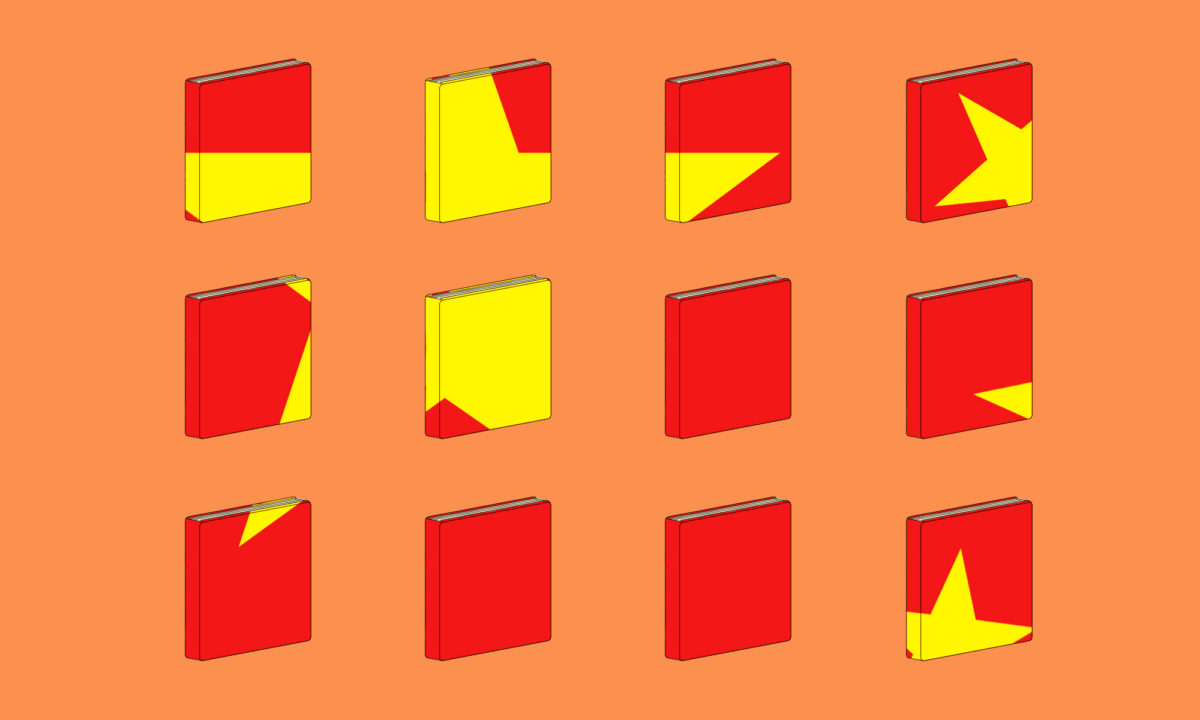
Why do China books all look the same?
The color red, dragons, cropped Asian faces…when it comes to presenting China, book publishers often rely on a set of familiar tropes — to the detriment of the authors and the genre.

In search of spirit in China’s wild west
Through history, culture, and contemporary China: A motorbike trip from Xi'an to Dunhuang.
